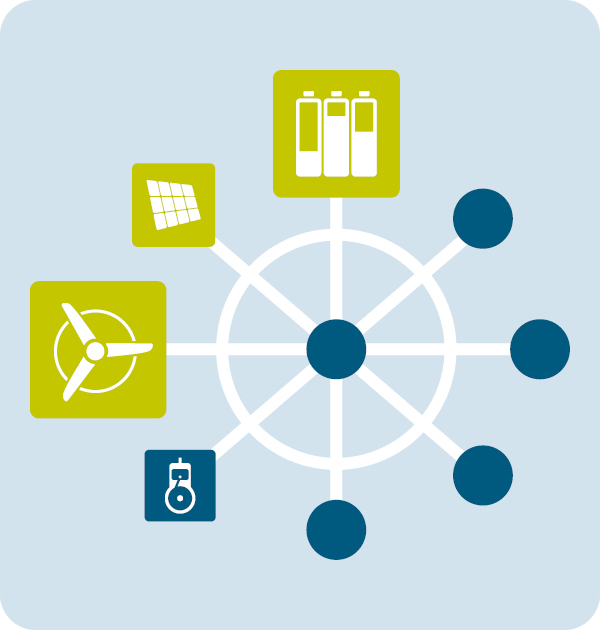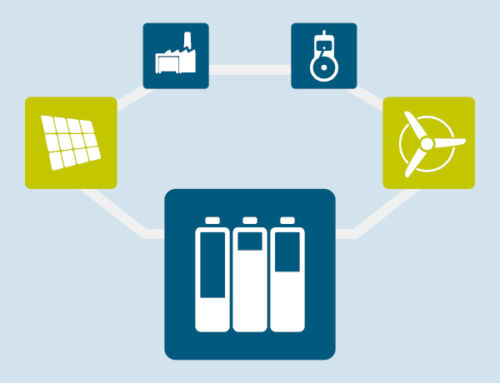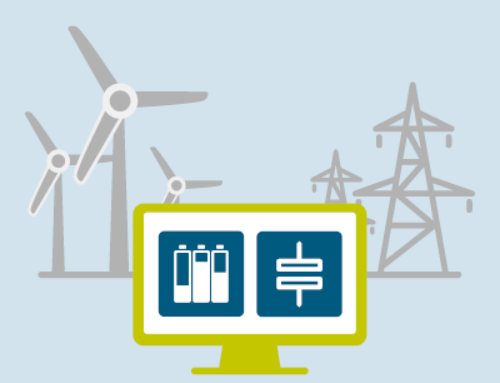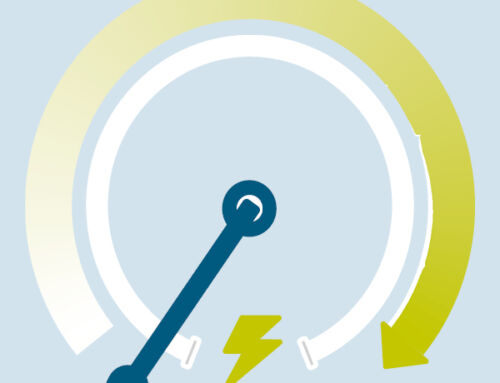Island network operation

Island network operation
A stand-alone grid, for example based on solar and wind turbines or generators, supplies electricity to a small area and usually has no connection to other power grids. It works completely autonomously. This contrasts with an interconnected network, where several smaller networks are interconnected and synchronized.
Island networks are advantageous in geographically isolated areas, for example on islands far from the mainland or in very remote locations. However, there may be reasons to operate a self-sufficient power supply through an isolated island grid even near a large interconnected grid, such as for manufacturing or agricultural operations.
In principle, electricity grids need systems to balance the power balance between energy producers and consumers. Loads fluctuate on the one hand due to the use of electrical equipment and because industrial processes require different power for different operations. On the other hand, load fluctuations occur because generators such as wind energy and photovoltaic systems provide fluctuating power depending on the weather.
In interconnected grids, these fluctuations have so far been balanced by means of thermal or hydroelectric power plants with storage lakes. In island grids, power is usually provided by controllable diesel generators.
However, this controllability in island grids has limitations; moreover, the diesel generator cannot absorb energy during short-term surpluses. For this reason, it is very difficult in terms of control technology to replace more than 50 percent of the energy consumed in island grids operated by diesel generators with renewable energy from wind turbines and PV.
A battery storage system can increase the share of regeneratively generated energy to 100 percent, since the storage system can react and readjust much faster than a diesel generator and can also absorb energy in the event of power surpluses. The diesel generator can thus be completely switched off for long periods of time. If it is needed after all in bad weather conditions, it can run in an efficient load range. In the future, battery storage systems will be indispensable in stand-alone grid operation, as they make a significant contribution to the stability of the stand-alone grid.



